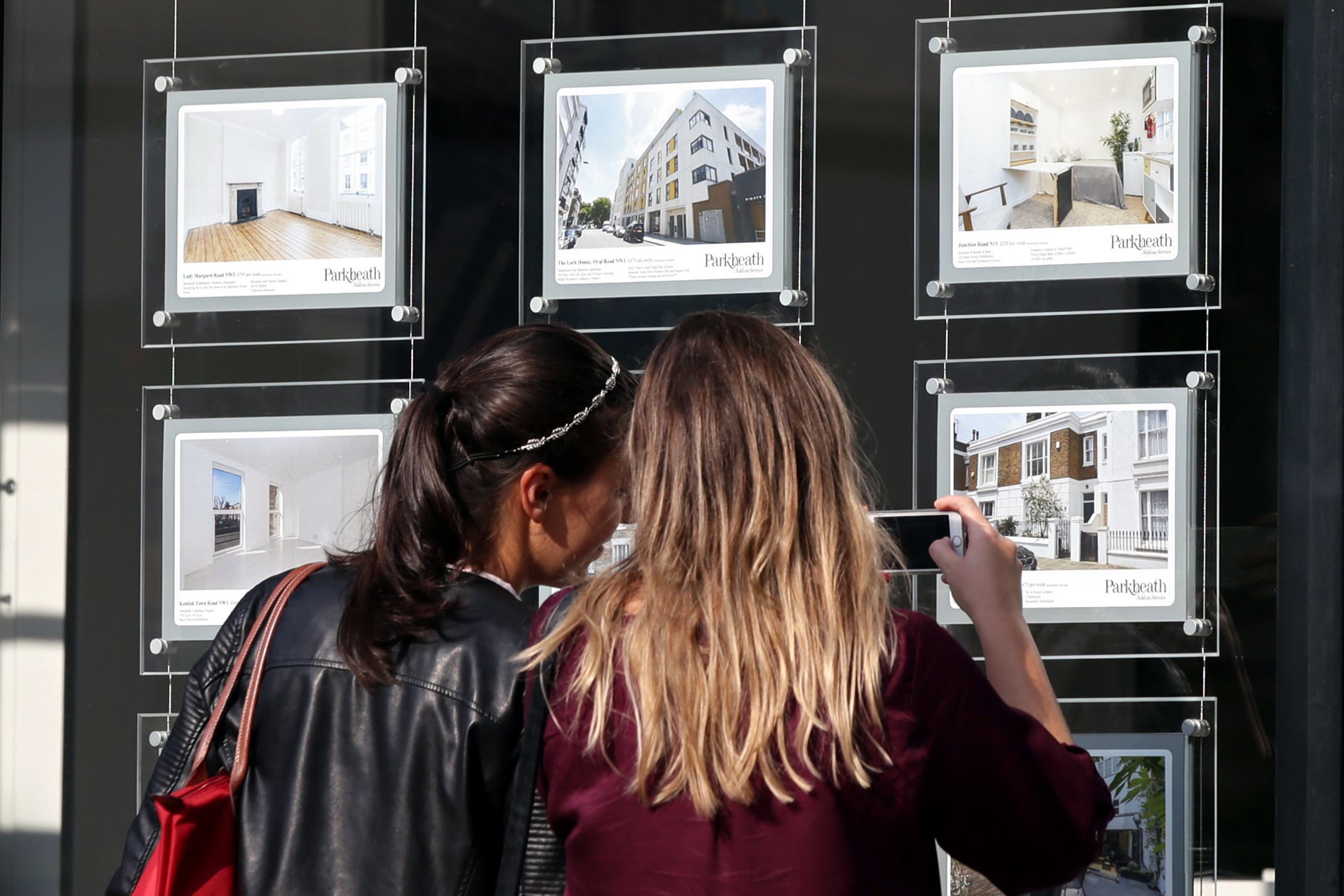House sales remain slightly higher than pre-pandemic levels
Across the UK, an estimated 107,190 house sales took place in November.

Your support helps us to tell the story
From reproductive rights to climate change to Big Tech, The Independent is on the ground when the story is developing. Whether it's investigating the financials of Elon Musk's pro-Trump PAC or producing our latest documentary, 'The A Word', which shines a light on the American women fighting for reproductive rights, we know how important it is to parse out the facts from the messaging.
At such a critical moment in US history, we need reporters on the ground. Your donation allows us to keep sending journalists to speak to both sides of the story.
The Independent is trusted by Americans across the entire political spectrum. And unlike many other quality news outlets, we choose not to lock Americans out of our reporting and analysis with paywalls. We believe quality journalism should be available to everyone, paid for by those who can afford it.
Your support makes all the difference.House sales remained slightly higher than pre-pandemic levels in November, according to HM Revenue and Customs (HMRC) figures.
Across the UK, an estimated 107,190 house sales took place in November, which was 13% higher than November 2021.
HMRC said year-on-year comparisons should be treated with caution.
A stamp duty holiday which ended in autumn 2021 caused house sales to bunch up earlier in that year, as buyers rushed to make the most of stamp duty savings.
The impacts from the stamp duty holiday may have had an effect on November 2021 transactions.
Fixed-rate mortgages continue to move gently downwards
HMRC’s report said house sales “have been stable in recent months, and remain similar but slightly elevated above pre-coronavirus levels”.
Mark Harris, chief executive of mortgage broker SPF Private Clients, said: “Transaction numbers are holding up, particularly as we would expect things to start to slow down as we approach Christmas.
“Buyers with good mortgage offers are keen to complete before they expire, while others have to move for whatever reason, even if the market is more difficult than it has been.
“Even though the Bank of England hiked the base rate by half a point as expected last week, fixed-rate mortgages continue to move gently downwards, with five-year fixes breaching the 4.5% barrier and expected to go below 4% in the new year as the cost of funds falls, servicing pressure subsides and lenders attempt to originate new business.
“For some borrowers, a base-rate tracker with no early repayment charges is a better alternative until fixed-rate pricing comes down further.”
There has been a significant downward trend in market appraisals being carried out
Matthew Thompson, head of sales at estate agent Chestertons, said: “Compared to November 2021, our branches experienced a 23% uplift in the number of properties being sold. However, there has been a significant downward trend in market appraisals being carried out.
“This suggests that, although buyer sentiment is fairly strong, some sellers are still holding off due to economic uncertainty.”
Charlotte Nixon, a mortgage expert at wealth managers Quilter, said: “While property transactions are yet to fall, they are certainly beginning to slow.
“A fall in house prices is widely anticipated for next year – Nationwide just yesterday shared its prediction that house prices could lower by 5% in 2023 – and slowing property transactions is likely the first sign that this could materialise as reduced demand goes hand-in-hand with reduced prices.
“The Bank of England has now hiked its base rate to 3.5%, which will have a knock-on effect on mortgage rates – primarily for those on variable rate mortgages.
“As such, more people may opt to hold off on purchasing a home as the monthly costs rise and become that much more unaffordable, which will only further reduce demand.”
Ross Boyd, founder of mortgage comparison platform Dashly.com said: “A lot will depend on the resilience of the jobs market and how stubborn inflation proves, as the cost-of-living crisis, coupled with higher borrowing rates, is hitting confidence for six.”